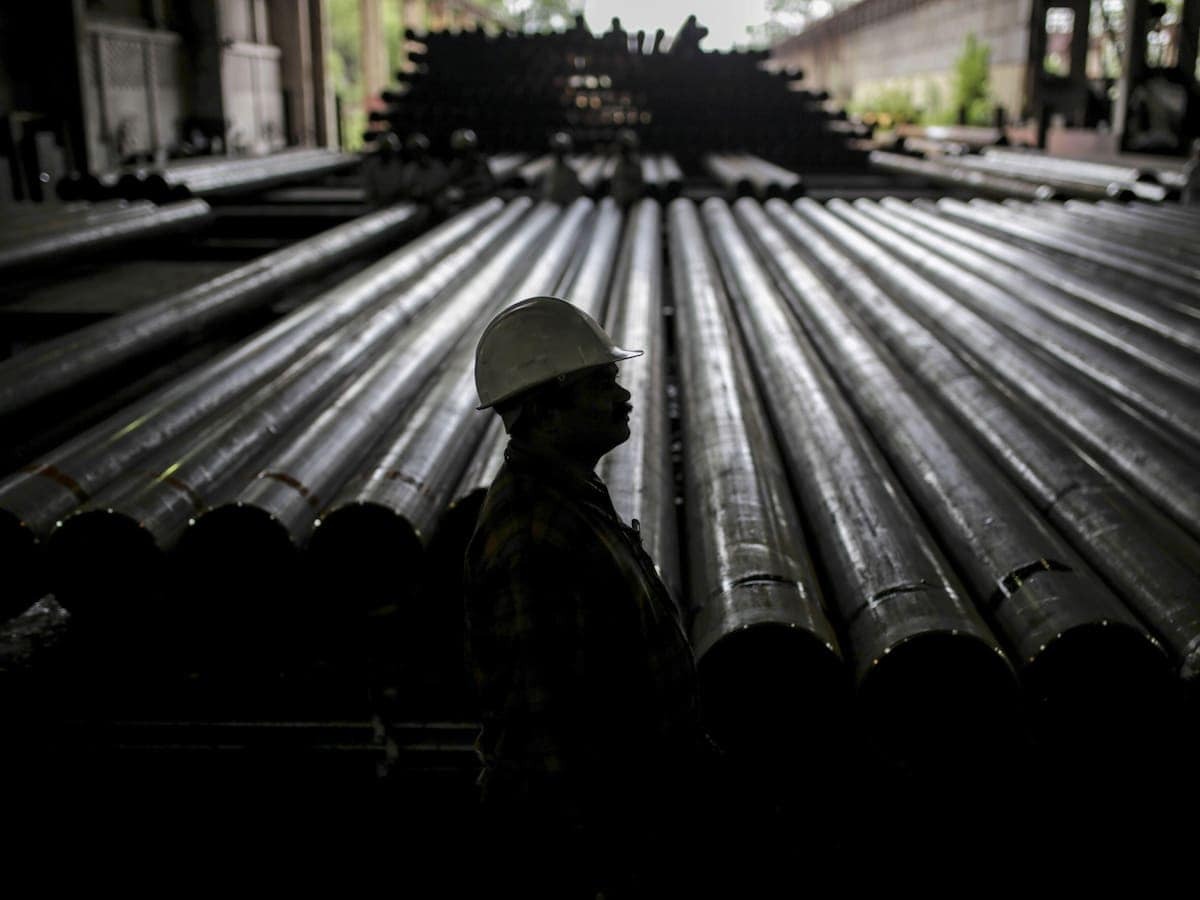India–US Trade Tensions Rise Over Steel and Auto Tariffs NMDC Limited reports a 38% drop in Q4 FY24 consolidated net profit RINL to Raise $23 Million Through Land Sales Amid Crisis

India's Ministry of Steel remains cautious on the prospect of increased taxes on imported steel, despite the nation transitioning to a net importer of the alloy due to a surge in shipments from abroad, primarily from China. A senior government source with direct insights into the matter confirmed the ministry's stance, highlighting that, presently, there are no immediate plans to propose elevated taxes on imported steel to the finance ministry.
Despite appeals from leading steel producers in India urging the imposition of higher taxes to regulate the inflow of overseas supplies, the Ministry of Steel has refrained from submitting any such proposal. This decision is attributed to the robust domestic demand currently witnessed in the Indian steel market, the source revealed on the condition of anonymity.
The ongoing demand surge has propelled India's finished steel consumption to a five-year peak, reaching 87.1 million metric tons in the first eight months of the fiscal year beginning April 2023, marking a substantial 14.9% year-on-year increase.
Acknowledging the escalating steel imports from China, which hit a five-year high between April and November, the government official emphasized the need for vigilance over import volumes. During this period, China emerged as the largest exporter of finished steel to India, shipping 1.3 million metric tons—an uptick of 48.2% compared to the corresponding period the prior year.
In parallel efforts, the government is actively devising strategies to form a consortium comprising state-owned enterprises to facilitate the import of coking coal, a crucial raw material for steel production. This initiative aims to empower mills to negotiate better pricing terms, addressing concerns about transparency in coking coal prices among producers.
Recent reports suggested the consortium's formation was intended to assist domestic steel companies in overcoming shortages. Moreover, the government plans to revive discussions with landlocked Mongolia, exploring avenues to diversify India's coking coal imports and ensure a more secure supply chain for the steel industry.
The ministry's approach underscores a delicate balancing act between addressing industry demands for protective measures and sustaining the momentum of the country's thriving steel sector amid evolving global trade dynamics.
Also Read : RBI retains repo rate at 6.5% for sixth consecutive time Parliament panel recommends govt to seek 3-year deferment on EU carbon tax for MSMEs